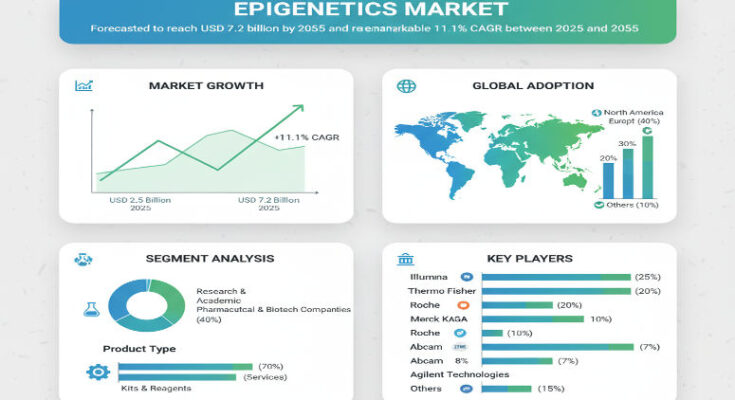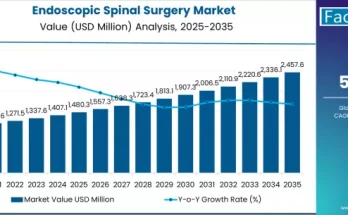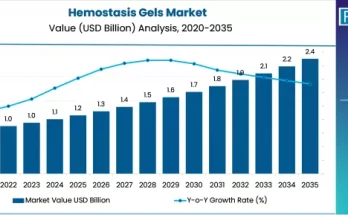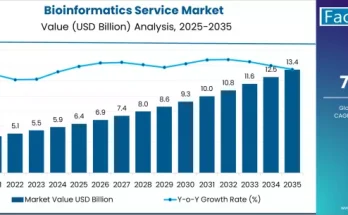The global epigenetics market is poised for significant growth, with projections indicating an increase from USD 14.63 billion in 2023 to approximately USD 39.15 billion by 2030, reflecting a compound annual growth rate (CAGR) of 15.3%. This expansion underscores the pivotal role of epigenetics in advancing personalized medicine, enhancing disease diagnostics, and fostering innovative therapeutic strategies.
Drivers of Market Expansion
Key factors contributing to the market’s growth include:
-
Technological Advancements: Innovations in next-generation sequencing (NGS) and high-throughput screening technologies have significantly reduced costs and improved accessibility, facilitating widespread adoption in research and clinical applications.
-
Rising Prevalence of Chronic Diseases: The increasing incidence of conditions such as cancer, neurological disorders, and cardiovascular diseases has heightened the demand for advanced diagnostic and therapeutic solutions, positioning epigenetics as a critical area of focus.
-
Personalized Medicine Initiatives: A growing emphasis on tailored healthcare approaches has accelerated the integration of epigenetic insights into clinical practice, enabling more precise and effective treatments.
-
Government and Institutional Support: Increased funding for epigenetic research and development, coupled with supportive regulatory frameworks, has bolstered innovation and commercialization efforts in the field.
Market Segmentation
The epigenetics market is categorized based on product type, technology, application, and end-user:
-
Product Type: Reagents and kits dominate the market, accounting for over 30% of the revenue share in 2023. These products are essential for conducting various epigenetic analyses, including DNA methylation and histone modification studies.
-
Technology: DNA methylation analysis holds the largest market share, reflecting its foundational role in gene expression regulation. Other technologies, such as histone modification and chromatin accessibility assays, are also witnessing significant adoption.
-
Application: Oncology remains the leading application area, driven by the critical need for early detection and personalized treatment strategies in cancer care. Non-oncology applications, including neurological and cardiovascular research, are experiencing rapid growth.
-
End-User: Academic and research institutes represent the largest segment, owing to their involvement in fundamental epigenetic studies. Pharmaceutical and biotechnology companies are increasingly leveraging epigenetic insights for drug discovery and development.
Regional Insights
-
North America: Dominates the global market, accounting for a substantial share due to robust healthcare infrastructure, significant research investments, and early adoption of advanced technologies.
-
Europe: Exhibits steady growth, supported by strong academic research institutions and collaborative initiatives between public and private sectors.
-
Asia-Pacific: Anticipated to experience the fastest growth, driven by increasing healthcare expenditures, expanding research capabilities, and a rising focus on personalized medicine.
Key Players and Competitive Landscape
The epigenetics market features a diverse array of companies ranging from established pharmaceutical giants to specialized biotech firms. Leading players include:
-
Thermo Fisher Scientific Inc.: A global leader in laboratory products and services, offering a comprehensive portfolio of epigenetic tools and reagents.
-
Illumina Inc.: Renowned for its next-generation sequencing platforms, facilitating high-throughput epigenetic analyses.
-
QIAGEN N.V.: Provides a wide range of sample and assay technologies, supporting epigenetic research and diagnostics.
-
Merck KGaA: Offers innovative solutions in epigenetics, focusing on areas such as DNA methylation and histone modification.
-
Active Motif: Specializes in epigenetic research tools, including chromatin immunoprecipitation (ChIP) assays and DNA methylation analysis kits.
These companies are actively engaged in strategic initiatives such as mergers and acquisitions, partnerships, and product innovations to enhance their market position and cater to the evolving needs of the epigenetics field.
Browse Full Report: https://www.factmr.com/report/435/epigenetics-market
Challenges and Future Outlook
Despite the promising growth, the epigenetics market faces challenges including:
-
Technical Complexities: The intricate nature of epigenetic modifications necessitates advanced technologies and expertise, which can be resource-intensive.
-
Regulatory Hurdles: Navigating the regulatory landscape for epigenetic-based diagnostics and therapies can be complex and time-consuming.
-
Ethical Considerations: The potential for misuse of epigenetic information raises ethical concerns that require careful consideration and regulation.
Looking ahead, the epigenetics market is expected to continue its upward trajectory, driven by ongoing research advancements, technological innovations, and the increasing integration of epigenetic insights into clinical practice. The convergence of epigenetics with other fields such as genomics, transcriptomics, and proteomics holds the promise of more comprehensive and personalized healthcare solutions.



